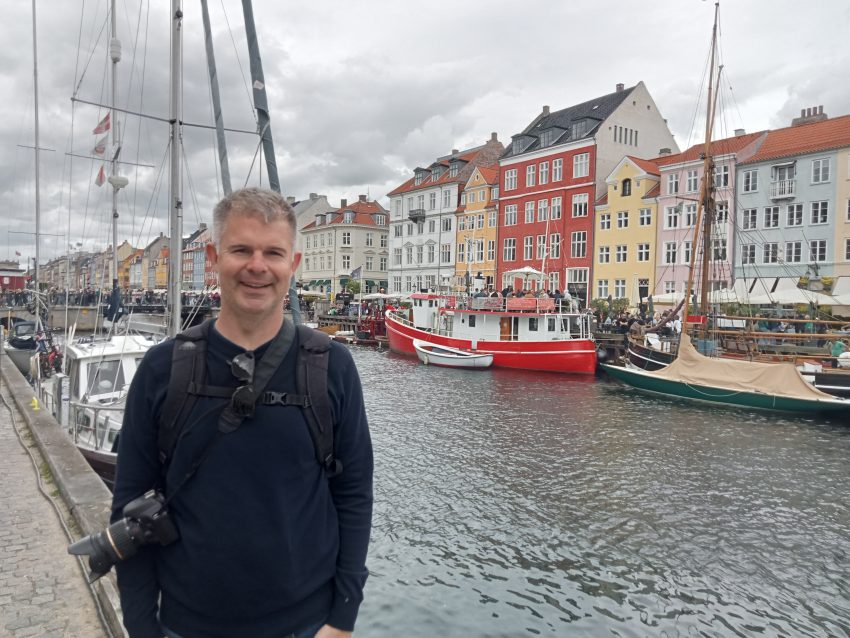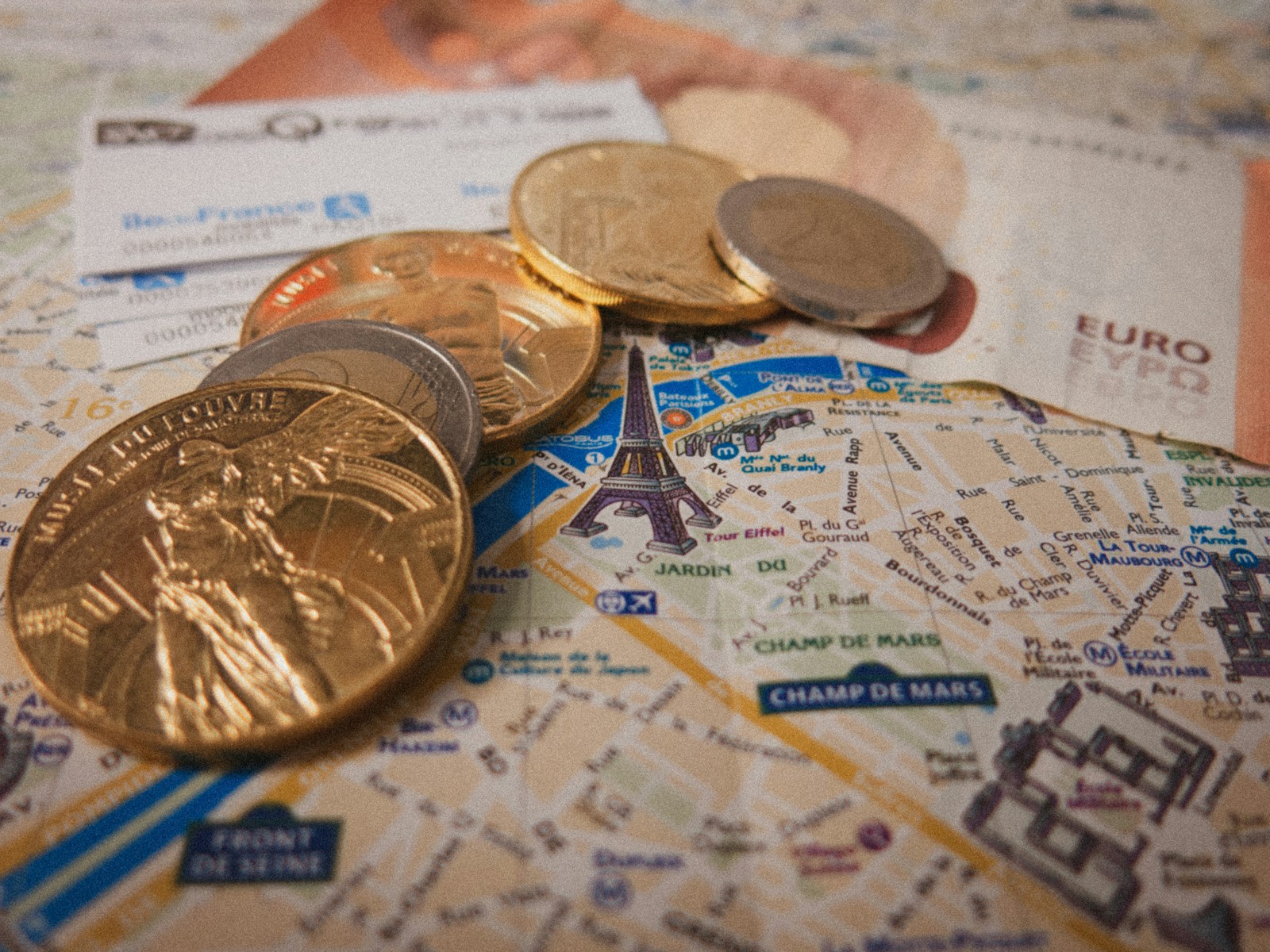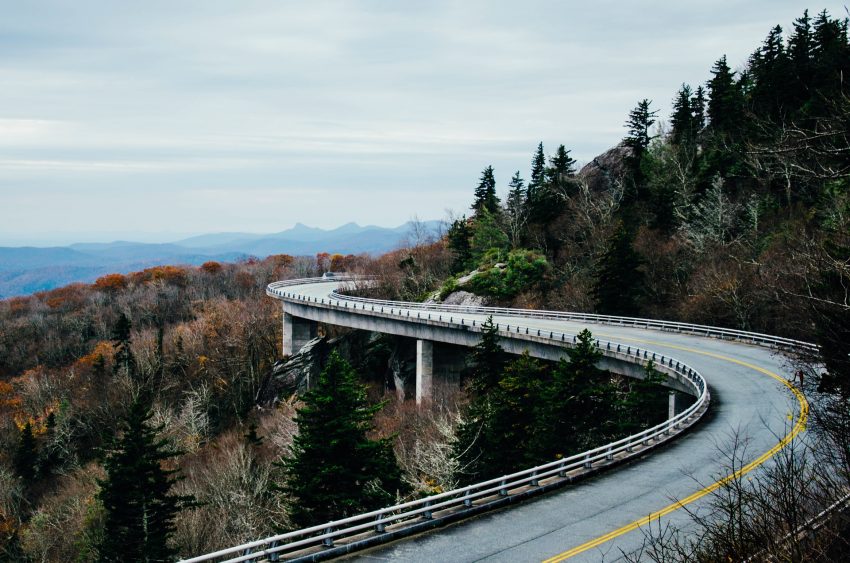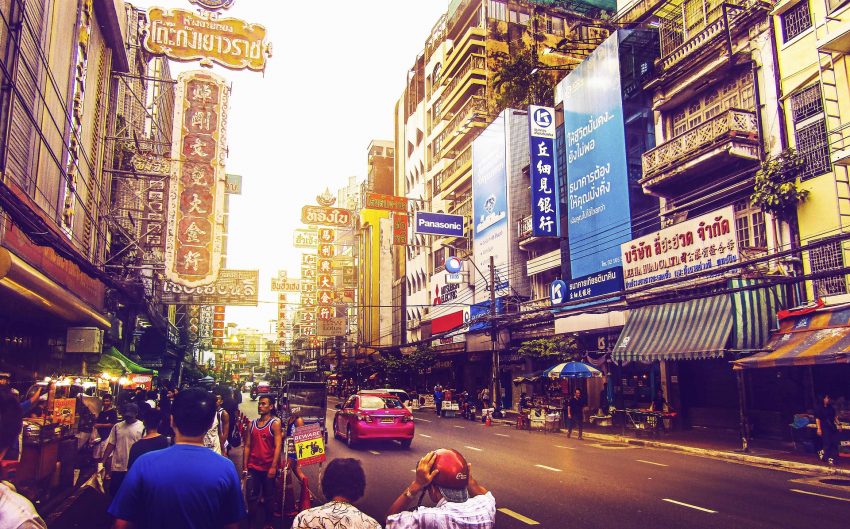My relationship with money and travel once ran along typical lines. As a child and young adult, I saw travel as a luxury, something reserved for well-heeled vacationers clutching cocktail glasses on sleek hotel balconies. In my mind, seeing the world meant spending big, prioritizing comfort, and collecting bucket-list experiences (and souvenirs) like status symbols. Either that, or just staying somewhere nice and doing nothing for a week while on vacation. Tight wallets belonged to those who “missed out.” Little did I know that embracing budget travel wouldn’t just take me further on fewer dollars, but would fundamentally reshape both my globe-trotter ambitions and my philosophies about money itself.
In fact, I recently visited my 61st country. Looking back at my travels, I realize that all of my travel experiences would never have been possible if I had kept to my original beliefs about what travel could become. Since some of my first long-term trips, I realized that travel is not about living a posh lifestyle, but instead about finding true experiences, making them last, and making more trips over time. This often involves thinking about travel on a smaller budget.
Budget travel finds its definition not in deprivation, but in empowerment: a conscious approach to exploring the world with financial savvy, creative resourcefulness, and a willingness to swap status for substance. By detailing the lessons learned from years of budget backpacking, along with practical tips and answers to common concerns, I hope this reflection inspires fellow adventurers to see both travel and money anew.
What Is Budget Travel, Really?
At its core, budget travel is about stretching every dollar, euro, or baht for all it’s worth, but without sacrificing rich, meaningful experiences. That means skipping high-rise chain hotels in favor of cozy guesthouses or staying with welcoming locals via platforms like Couchsurfing or at locally owned guesthouses. It’s seeking out street food and market meals over fancy restaurants, using local or shared transport instead of private taxis, and plotting travel routes based on off-season rates or fun detours.

Too often, budget travel gets painted as a synonym for discomfort or even danger, but that’s a myth. While popular media sometimes tosses around images of threadbare hostels or endless overnight bus journeys, the reality is far more flexible, and often surprisingly comfortable. Most budget travelers discover charming accommodation, hassle-free train rides, and unforgettable food for a fraction of the “luxury” price tag.
People opt for budget travel for a slew of reasons: to see more of the world for less, to travel long-term or indefinitely, to forge deeper connections through grassroots experiences, or simply to focus on authentic adventure over curated opulence. In recent years, an increasing number of travelers (especially the younger set and digital nomads) cite financial concerns and wanderlust as dual motivators. According to our data here at BudgetYourTrip.com, travelers who approach their adventures with a budget mindset spend between $50–$80 per day in Europe compared to $200+ for typical tourists. The difference is not just in the bank account, but in travel style, mindset, and memories.
Before Budget Travel: My Money Mindset
When I was younger, my own approach to money was shaped by a mix of consumer culture and scarcity anxiety. I craved the “best” gadgets and labels to fit in. If travel entered the picture, it was only via well-orchestrated package tours done in a predictable way. It was easy and somewhat detached from day-to-day realities.
Travel, before I tried it on my own, felt inseparable from luxury. It was about staying at nice hotels on the beach, seeing major destinations with guides, and having taxis take us everywhere. The result was ambivalence: I both longed for adventure and fretted over what, exactly, it would cost me when I did it all alone with my own money.
Lessons Learned from Life on the Road
Everything changed with my first extended foray into budget travel. We (myself and my then girlfriend, now wife) first planned a few shorter trips. Then they got a bit longer, with a month in Central America. Then more of Europe, and then three months across Southeast Asia, hostels and night buses and street food and all of that type of thing. The experience taught me more about money than any adulting book or financial seminar ever could.
Awareness: Tracking Expenses
On the road, every expense counted. This was before smartphone apps did everything, so we recorded everything from hostel beds to pad Thai either on paper or with a spreadsheet on a laptop. Tracking spending in real time didn’t feel restrictive. Instead, it was liberating. I spotted leaks in my budget, learned the real daily cost of living in each country, and began weighing every purchase intentionally.
For years, I’d spent without seeing true value. Suddenly, conscious spending became a habit I enjoyed. Even small splurges like a scenic ferry ride or an extra-strong Vietnamese coffee felt meaningful because I knew exactly where they fit into my overall plan.
Prioritization: Experiences Over Things
With limited backpack space, every material possession had to earn its keep. The more I practiced minimalism, the more I found myself prioritizing experiences over gadgets or souvenirs. Memories of dawn temples in Cambodia or cooking classes in Istanbul far out shadowed the fleeting pleasure of souvenirs. Packing light wasn’t just a travel hack; it was a shifting of personal values, one that stuck with me long after I returned home.
Value: Quality Without High Prices
Budget travel nudged me out of the tourist traps and into the real world. The best meals often cost under $2, eaten knee-to-knee with locals instead of behind glass walls. I’ll never forget those amazing dumplings in Hoi An, Vietnam: they cost less than a dollar for the whole meal but they tasted like they could have been served at a Michelin Star restaurant. I learned how to haggle respectfully in markets from Fez to Jaipur, asking tips from fellow travelers and local friends. Often, the most memorable and meaningful adventures such as hiking with new friends or being invited to a village celebration cost little or nothing at all. The value was in the experiences, not the “things.”
Gratitude: Appreciating Small Comforts
Having traveled on a shoestring, I was sometimes reminded how much many people live with less than we have, and just how privileged I was to explore at all. I grew to appreciate the basic comforts: a hot shower after a long bus ride, a clean dorm bed, or the unexpected kindness of strangers. I found myself questioning what I actually needed to feel happy, and how little it often took to feel content. My old list of “must-haves” seemed embarrassingly long in retrospect.
Adaptability: Embracing the Unexpected
The unpredictability of budget travel required financial flexibility, as well as emotional flexibility. When a transportation strike meant we couldn’t take a bus, or a stomach bug laid us out in bed for three days, I learned to pivot, dip into an emergency fund, and keep a sense of humor. This adaptability wasn’t just about money, but about embracing the world as it is: unpredictable, messy, and often generous in return.
Common Questions (and Truths) About Budget Travel and Money
Does budget travel mean giving up comfort or safety? Absolutely not. Some of my most restful nights were in family-run bed-and-breakfasts or modern hostels with thoughtful amenities. Safety is less about how much you spend and more about research, preparation, and trusting your gut.
Is budget travel sustainable long-term? Increasingly, yes. Many travelers combine remote freelance work, volunteering, slow travel, and smart budgeting to sustain long-term adventures. According to a recent report by HostelWorld, long-term, lower-cost travel is on the rise, especially among solo and Gen-Z travelers.
Can you enjoy “bucket list” destinations on a budget? With creativity, definitely. Free walking tours run in most major cities. Early morning or late afternoon visits often cut attraction costs. You can find “free” days for museums in many places these days, too. Multi-day treks in Peru or Nepal cost a fraction of a single night at a five-star hotel. In my opinion, these experiences create more profound memories than many of the famous sights in major tourist destinations anyway.
How do you avoid overspending? Set a daily (or weekly) budget and stick to it. Draw cash for daily expenses instead of swiping cards; you’ll spend more mindfully. Always leave a little buffer for surprises or emergencies. Plan to stay flexible.
Pros and Cons: Budget Travel’s Influence on Finances
On the positive side, years of mindful travel have given me sharpened financial discipline. I’m more decisive about what matters, spend intentionally, and better appreciate the power of a single dollar. Creative problem-solving is also a learned skill. Finding the cheapest way from A to B and hunting down last-minute deals has served me not just on the road, but throughout everyday life.
There are downsides worth acknowledging. Occasional stress about making the budget stretch can take some joy out of travel. Saying “no” to certain experiences (costly safaris or skydiving) can create FOMO, especially when your companions opt in. And social pressure, whether others judge or simply don’t understand your choices, can sting if you let it.
The Lasting Effects on My Financial Habits
Returning from budget travel, I found that the lessons stuck. I carried minimalism into my home, happily living with less and spending with intention. Everyday expenses felt more visible if they didn’t serve a real purpose. Instead of splurging on the newest phone or too many drinks at the bar, I’d bank the savings for another trip, investing in future adventures or long-term goals.
My understanding of wealth shifted too. Where I once equated success with possessions, I learned to see wealth in terms of freedom, experiences, and flexibility. Perhaps most rewarding, budget travel gave me confidence in my ability to manage money well, adapt to changing circumstances, and carve my own path, wherever it leads.

Tips for Embracing a Budget Travel Mindset
If you’re curious about shifting your travel (and money) habits, start with some practical steps:
- Use a budget tracker to monitor expenses in real time. While you can track your travel expenses here at Budget Your Trip, there are also plenty of other apps where you can track all of your spending. Most bank apps do it automatically now, too.
- Research real costs on BudgetYourTrip.com before you go, so you set realistic daily targets.
- Seek ways to save while traveling. Slow travel, hostels or guesthouses, and public transportation are some of the keys to success.
- If anxiety about money arises, reframe “missed” luxury as an invitation: What local or low-cost experiences can replace it?
- Challenge yourself to pack lighter, spend less on souvenirs, and redirect funds toward unique adventures or meaningful activities.
Above all, remember that budget travel is less a set of rules and more a mindset. It’s a mindset that values connection, curiosity, and resourcefulness over consumerism.
Rethinking Travel, Rethinking Money
My years of budget adventures changed not just where and how I travel, but how I see money, both at home and abroad. I spend more wisely, appreciate more deeply, and no longer measure a destination’s worth by the price tag of its hotels. The most profound journeys have taught me that the true value of travel isn’t in what you spend, but in what you learn, live, and come to understand about both the globe and yourself.
If you have your own story of travel-induced money epiphanies, I’d love to hear it in the comments. And if you’ve hesitated to set off for fear of not “doing it right,” I encourage you to try the budget route. You’ll see more, spend less, and, just maybe, return with a whole new perspective on what it means to live (and thrive) on your own terms.
Happy travels, and happy saving.

Bryan has visited 61 countries, which is exactly one more country than his wife, and she won’t let him forget it! Also an avid photographer, he enjoys entrenching himself within the local culture in order to learn more about the people of a place. He is the co-founder of Budget Your Trip and loves a good adventure, an exotic meal, or a passionate conversation about global events. And he also loves to find out how much stuff costs, which is why he and his wife started Budget Your Trip.
Sign up to our email newsletter to receive sales, deals, and discounts from major travel companies!




